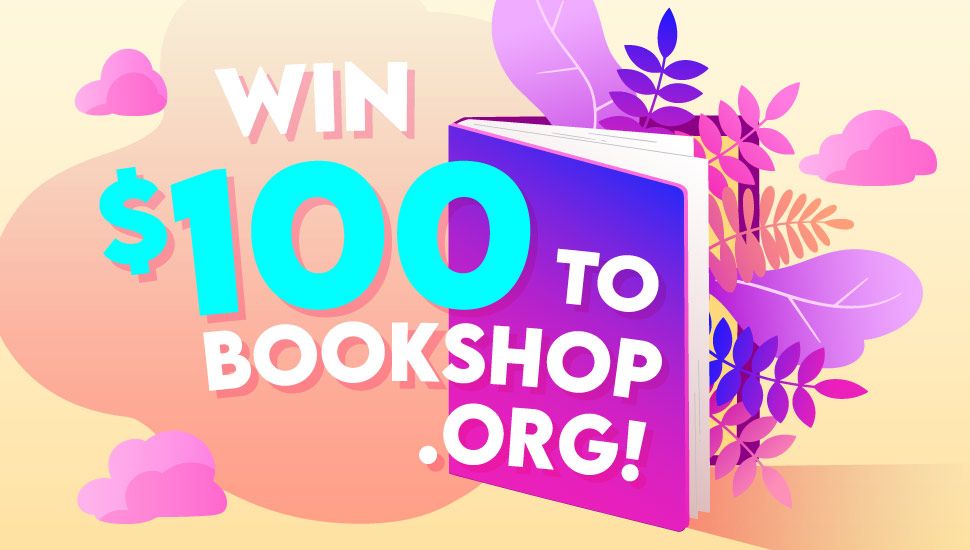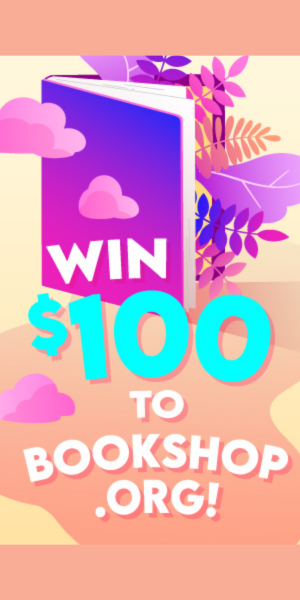
A New Way for Mood Readers to Organize their TBRs
If I had a nickel for every TBR spreadsheet, list, or stack of books I’ve abandoned, I’d have several dollars, probably. I want to prioritize a million different things in my reading — reading across genres, reading both new and old, reading a diverse array of authors — but in the end, I am a mood reader. A compelling tweet or an enticing library display catches me at the right time, and my lists go out the window. Luckily, I have a lot of moods, so I’m not doing too badly with my priorities on the grand scale. Still, there are a lot of books I really want to get to, and I don’t want to keep forgetting or ignoring them. So I finally found an approach that I’m very hopeful will help. If you’re a mood reader, maybe this will work for you, too.
Admittedly, I’m early in this journey, but I’m optimistic. There are the aforementioned times when something external like social media or a library display inspires a mood. I doubt I’ll ever be able to curb that impulse; I’m a bit of a magpie when it comes to books. There are, however, plenty of times when I can interrogate my own mood and work from there. And that’s the root of the method I’ll be outlining today.
Identify Your Reading Moods
To drill down on my reading moods, I tried to capture them in an adjective or two. This is the key for me. One might think that mood correlates to genre, but I don’t think it does. Let’s take romance as an example. If I think I’m in the mood for a romance, and I pick up a heartfelt contemporary like Bend Toward the Sun, it’s only going to work for me if I want a romance that is deeply emotional. A historical romp like To Catch A Raven has very strong emotional beats. Still, it’s what’s going to satisfy me best when I want something FUN. It’s those words like “emotional” and “fun” that define the mood much better than “romance.”
So the first task is to list all those words. I wrote them down, starting with words like “fascinating,” “weird,” “nostalgic,” “haunting,” “unsettling,” “whimsical,” and “challenging.” Do any of these words describe your reading moods too? To identify all the moods, I went through my bookshelves, both real and digital. I imagined the mood I would need to be in to pick each book up. If I came across a book that didn’t fit any of the words I’d come up with so far, I found a new word that did. In total, I was able to identify around 20 different words to define my moods. Does that make me moody? I’m sure I will refine this list as time goes on, but it’s a great place to start.
Organize Books by Mood
Here’s where I have to hand it to myself. Any other times I’ve tried to organize my TBR, I’ve failed with a variety methods. I’ve made master lists by my arbitrary priority at one moment in time. That never works for me. I’ve made spreadsheets of options within different genres, making sure I read one from every category before dipping into a genre a second time. It’s comical to think I could be that disciplined. I’ve tried to organize by format, like books I own physically, books available at the library, or books I want to listen to. My brain: lol no.
What I need are lists of books that suit my moods. Those lists can also include other information, like a note of why I want to read it (for example, that it fits the 2023 Read Harder challenge!) and what format might be best for it. If you’re a paper person, you can put these lists in a notebook, one page or spread per mood. A spreadsheet with tabs for moods will suit those who like their information digital. If you have a large physical TBR, you could even arrange books by mood and label the shelves.
When you’re ready to read a new book, you simply need to ask yourself, what am I in the mood for? Consult the appropriate list, and see what catches your eye. It’s a gift to your future self to anticipate this mood and prepare for it, like cooking a double batch of your favorite soup and freezing half for some future chilly day.
Setting the Mood
Our reading priorities can come from lots of places. Maybe a book was a gift, and you want to prioritize it. Or a friend has been talking something up so much you need to know the truth for yourself. Make sure those high priority books get their mood label. It’ll be so much easier to tackle these books you’ve been meaning to read if you’ve correctly identified what mood would make you pick them up.
Obviously, there’s some amount of guessing when it comes to mood labeling books you’ve never read. There are certain books on my TBR that I can reliably pair with a mood. Sometimes that’s thanks to how others talk about them. For example, that Emily Henry book I haven’t read yet is going to go in the “emotional” list, no question. Sometimes the subject can set the mood. I’m consistently drawn in by books about scammers, so I can safely assume Hey, Hun, a nonfiction book about multi-level marketing, should go in the “fascinating” mood.
When the Mood is Off
Naturally, mistakes can happen. Maybe you thought a particular fantasy book would be fun, but the way it depicts systemic oppression puts it more accurately into the “challenging” mood for you. That’s OK! It’s possible the book is compelling enough that you read through despite the mismatch. If not, you can put it down, recategorizing its mood so that you’ll be in the right space next time.
For people who feel guilty about putting a book down, maybe this will help. If you wish to do justice to an author’s work by completing their book, you’ll do even better justice to it when you come to it with the right frame of mind. Unless there’s something more than your sense of pride on the line, I can’t see why white-knuckling it through a book you’re not in the mood for is helpful to anybody.
In the Mood
This method honestly feels revolutionary to me. It lets me bring my human foibles to the fore and work with them instead of against them. There’s nothing wrong with being a mood reader! I know that I will have streaks where I need to read books that will absolutely wreck me for a little while, then lose myself in nonfiction audiobooks about my niche interests for a spell. Being able to do that in a more systematic way promises to bring even more joy to this joyous hobby we all share. So what are you in the mood for?










